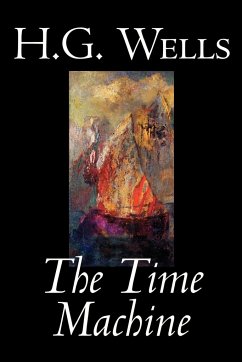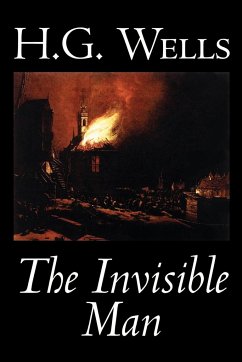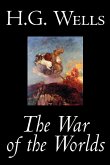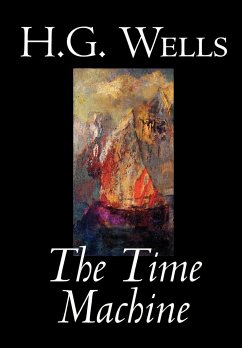Wells touches gently on time travel as a notion, but mostly The Time Machine is about the terminal future he sees for mankind: His nameless time traveler ventures to the world that will be 802,701 A.D., And there he finds mankind divided among the Eloi and the Morlocks. The Eloi are a gentle, winsome, idle race, who do not labor; the Morlocks, in contrast, are a barbaric race -- who use the Eloi for food. It's a grim vision, and a gripping one. There's a reason that The Time Machine has become a classic.
Hinweis: Dieser Artikel kann nur an eine deutsche Lieferadresse ausgeliefert werden.
Hinweis: Dieser Artikel kann nur an eine deutsche Lieferadresse ausgeliefert werden.








